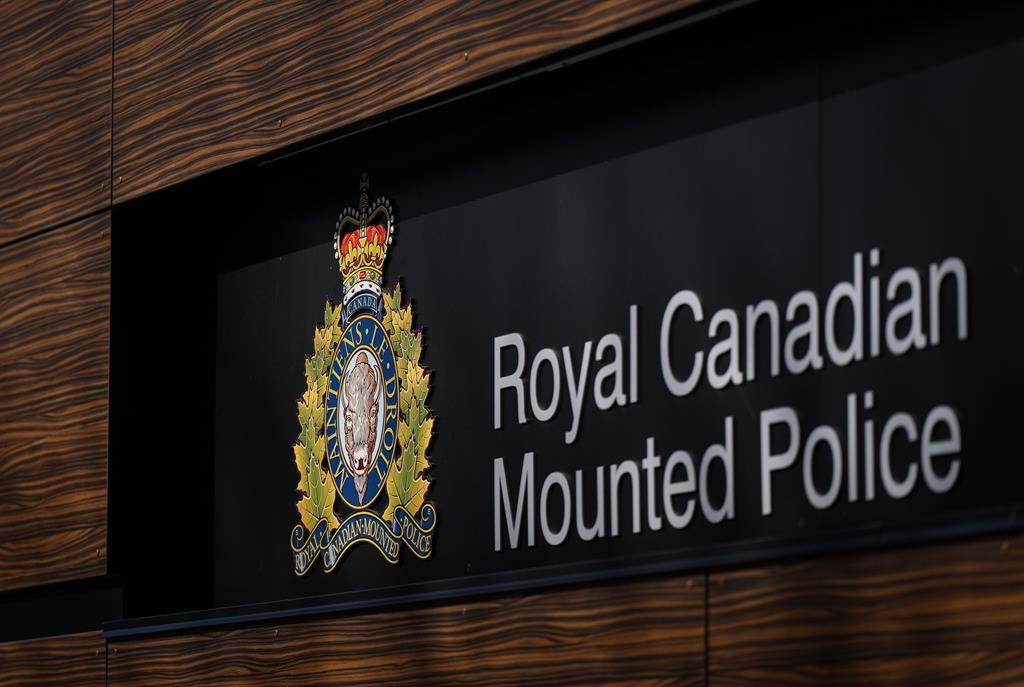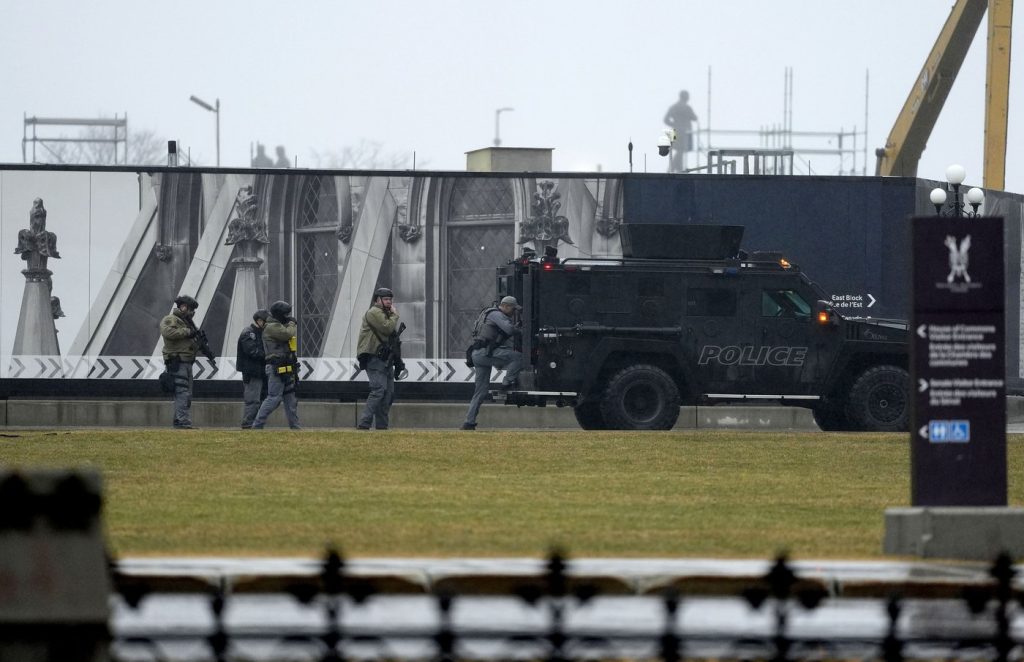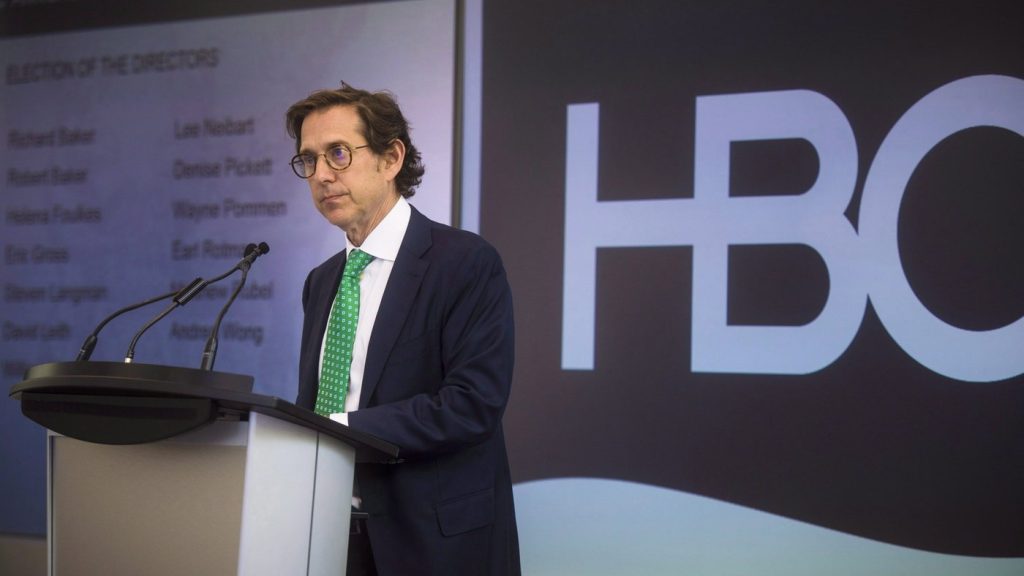N.S. rape trial ends due to killing of accused, as police conduct issues unresolved
Posted Nov 16, 2021 09:07:07 PM.
HALIFAX — A sexual assault trial came to what the judge called a “truly unfortunate” end Tuesday in Halifax, leaving assertions about alleged police misconduct in the case untested in court.
The man to be tried, Alexander Thomas of East Preston, N.S., was found dead in a Dartmouth, N.S., residence on Saturday after what police say was a homicide.
As a result, Judge Theodore Tax dismissed the case Tuesday, noting nobody will ever have an opportunity to determine if the accused was guilty of sexually assaulting and forcibly confining Carrie Low on May 18, 2018.
“It’s a truly unfortunate way this case ends …. The court dismisses the two charges that were before the court,” Tax said in provincial court, as Thomas’s family members looked on.
Low — who sought and received a court order permitting the use of her name — has alleged an improper “pattern of conduct” by the Halifax regional police and the RCMP in her case. She says members of their joint sexual assault investigation team didn’t visit the scene and were slow to have her clothing and blood tests processed.
She has also alleged that when she inquired in March of 2019 about her rape kit, she learned it hadn’t been processed. She said she received confusing and contradictory messages on the progress of her case from various officers who were members of the sexual assault investigation team.
Low fought before the courts to have her allegations examined by the Office of Police Complaints Commissioner and launched a lawsuit against police.
The provincial commissioner considers citizen complaints of police misconduct. The RCMP involvement in Low’s case was already investigated through the Civilian Review and Complaints Commission, but the findings have not been made public.
Low’s lawyers with the Elizabeth Fry Society have suggested the now-dismissed trial might have helped her get to the bottom of what happened to her case.
Mark Bailey, the defence lawyer for Thomas, was planning to call pretrial testimony from the initial RCMP investigator, who he anticipated would allege police conduct was so flawed that Thomas’s constitutional rights to a fair trial had been breached.
In his summarizing brief, which is not sworn testimony, Bailey said Const. Jerrell Smith — the initial RCMP investigator with the sexual assault team — had encountered resistance from his superiors in pursuing the case. Smith was not willing to provide an interview, when contacted through Bailey.
Low has alleged that she was taken from a Dartmouth bar in a car, driven to a site outside Halifax and sexually assaulted by two men. She went to the hospital in Dartmouth the next day, where rape tests were carried out and she encountered a police officer, whom she informed of her assault.
In the defence brief, Smith is quoted as saying after he was assigned the file, senior officers told him there was video evidence that contradicted Low’s account, but when he examined the footage he didn’t agree. Smith “came to the conclusion he was being intentionally misled about Ms. Low’s file,” the brief says, and he decided to proceed with the investigation.
The brief anticipated Smith would testify that police erred by allowing Low to store the clothing she had worn the night of the assault at her parents’ home for weeks. “Const. Smith will testify that the initial stages of the investigation were so flawed and improper that it made it impossible to properly investigate the file,” says the brief.
The brief says during the summer of 2018, the constable was directed to stop his investigation and close the file by supervisors. It says at some point Smith went on medical leave, and he remains on leave.
The brief also alleges that it “came to Const. Smith’s attention” that another officer had modified and changed the initial reports he’d generated, as the investigation shifted focus to a new suspect.
Outside court, Crown lawyer Alicia Kennedy said prosecutors had intended to call their own witnesses to counter the defence assertions.
“Unfortunately, because of what’s happened, we can’t call that evidence to have that heard in public court,” Kennedy said. “But certainly we have witnesses that were going to refute the allegations in this defence brief.”
In its brief, which is unproven in court, the Crown said there was DNA evidence linking the accused to Low’s clothing.
This report by The Canadian Press was first published Nov. 16, 2021.
Michael Tutton, The Canadian Press








